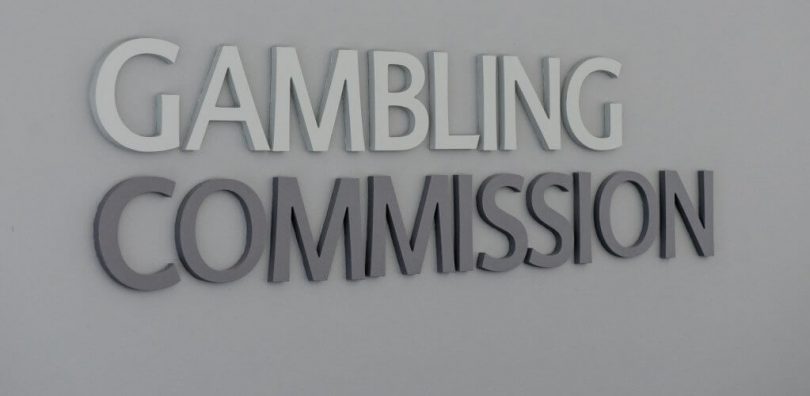In the dynamic world of gambling, where fortunes can be won or lost in the blink of an eye, ensuring fairness and integrity is paramount. Gaming commissions serve as the guardians of this principle, tasked with overseeing casino operations to uphold the trust of players and the integrity of the industry. One such platform where these principles are rigorously upheld is 4RaBet, an online casino known for its commitment to fair gaming. 4rabet casino offers a wide variety of games to cater to the diverse preferences of its players. Some of the types of games available on 4RaBet include: slots https://4rabet.com.in/slots/, table games, live casino, lottery and bingo options.
The Purpose of Gaming Commissions
Gaming commissions are regulatory bodies established by governments to supervise and regulate the gambling industry within their jurisdiction. Their primary objective is to ensure that casinos operate in a manner that is fair, transparent, and free from corruption. By setting and enforcing stringent regulations, gaming commissions aim to protect players from fraud, maintain the credibility of the industry, and prevent criminal activity such as money laundering and organized crime infiltration.
Licensing and Regulation

One of the key responsibilities of gaming commissions is the licensing and regulation of casinos. Before a casino can open its doors to the public, it must undergo a rigorous vetting process conducted by the gaming commission. This process includes thorough background checks on the casino’s owners, operators, and key personnel to ensure their suitability and integrity. Additionally, the commission evaluates the casino’s financial stability, security measures, and adherence to responsible gaming practices.
Once licensed, casinos are subject to ongoing regulation and oversight by the gaming commission. This includes regular inspections to ensure compliance with gaming laws and regulations, as well as monitoring of financial transactions to detect any suspicious activity. Gaming commissions also have the authority to impose fines, suspend licenses, or revoke licenses altogether in cases of non-compliance or misconduct.
Fairness in Gaming
Central to the mission of gaming commissions is the promotion of fairness in gaming. Casinos are required to use certified random number generators (RNGs) to ensure the unpredictability and randomness of game outcomes. Gaming commissions conduct audits and testing of these RNGs to verify their integrity and fairness. They also oversee the payout percentages of casino games to ensure that players have a reasonable chance of winning.
In addition to regulating the games themselves, gaming commissions also oversee the conduct of casino employees. Dealers, pit bosses, and other staff members are trained to adhere to strict standards of professionalism and integrity. Any instances of cheating or collusion are swiftly investigated and dealt with by the gaming commission to maintain the integrity of the gaming environment.
Preventing Problem Gambling
While casinos provide entertainment and excitement for many, they also have the potential to cause harm to individuals and communities through problem gambling. Gaming commissions work to mitigate this risk by implementing responsible gaming measures. This includes requiring casinos to provide information and resources for players who may be experiencing gambling-related harm, such as self-exclusion programs and helplines.
Gaming commissions also monitor the marketing and advertising practices of casinos to ensure they are not targeting vulnerable individuals or promoting excessive gambling. They may impose restrictions on the availability of alcohol and limit the hours of operation of casinos to reduce the risk of excessive gambling behavior.
Key Responsibilities of Gaming Commissions

- Ensuring Fairness in Gaming: Gaming commissions oversee the fairness of casino games to ensure that players have a reasonable chance of winning. This includes auditing random number generators (RNGs) and monitoring payout percentages to verify the integrity of game outcomes.
- Promoting Responsible Gaming: Gaming commissions implement measures to prevent problem gambling, such as requiring casinos to provide information and resources for players experiencing gambling-related harm. They also monitor marketing practices to prevent targeting vulnerable individuals.
- Combating Fraud and Money Laundering: Gaming commissions work to prevent criminal activity within casinos by monitoring financial transactions and implementing strict anti-money laundering measures. They investigate and prosecute instances of fraud and collusion to maintain the integrity of the gaming environment.
- Regulating Casino Operations: Gaming commissions regulate various aspects of casino operations, including security protocols, employee conduct, and advertising practices. They ensure that casinos adhere to standards of professionalism and integrity to maintain public trust.
Conclusion
In conclusion, gaming commissions play a crucial role in ensuring fairness and integrity in casinos. Through licensing, regulation, and oversight, they uphold the highest standards of transparency, honesty, and accountability within the gambling industry. By promoting fair play and responsible gaming, gaming commissions safeguard the interests of players and maintain the credibility of the industry as a whole.
